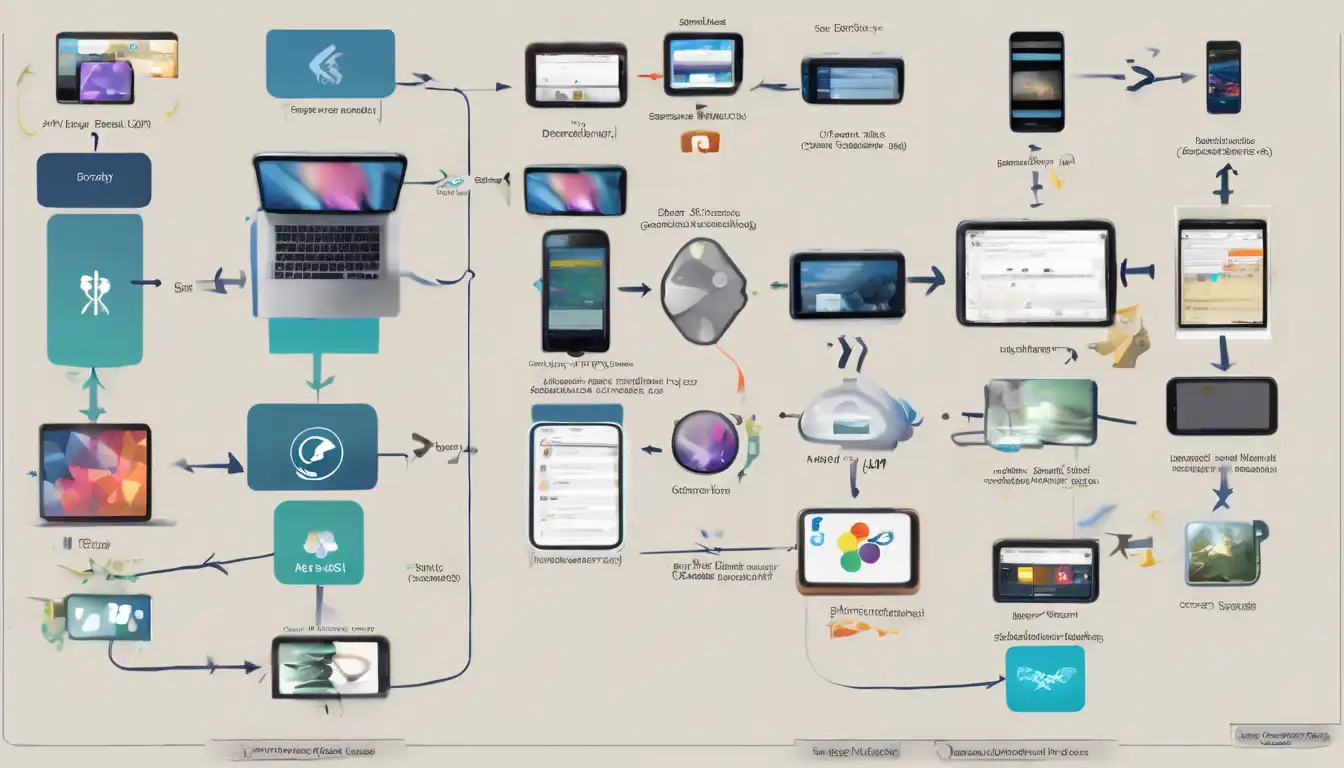Introduction to Cross-Platform Mobile Development
In today's fast-paced digital world, the demand for mobile applications is skyrocketing. Businesses and developers are constantly seeking efficient ways to build apps that run seamlessly across multiple platforms. Cross-platform mobile development tools have emerged as a game-changer, enabling developers to write code once and deploy it on both iOS and Android platforms. This article compares the top cross-platform mobile development tools, helping you choose the right one for your project.
Why Choose Cross-Platform Development?
Cross-platform development offers numerous benefits, including reduced development time and cost, a single codebase for multiple platforms, and easier maintenance. With the right tools, developers can create high-quality, native-like apps that provide a great user experience.
Top Cross-Platform Mobile Development Tools Compared
1. Flutter
Developed by Google, Flutter is a popular open-source framework for building natively compiled applications for mobile, web, and desktop from a single codebase. It uses the Dart programming language and offers a rich set of customizable widgets for creating visually appealing apps.
2. React Native
Created by Facebook, React Native is another leading framework that allows developers to build mobile apps using JavaScript and React. It enables the creation of truly native apps and has a large community, making it easier to find support and resources.
3. Xamarin
Owned by Microsoft, Xamarin is a powerful tool for building cross-platform apps using C# and .NET. It provides access to native APIs and tools, ensuring high performance and a native user experience.
4. Ionic
Ionic is a free and open-source framework for developing cross-platform mobile applications using web technologies like HTML, CSS, and JavaScript. It's ideal for developers who want to leverage their web development skills for mobile app development.
Choosing the Right Tool for Your Project
Selecting the right cross-platform development tool depends on various factors, including the project requirements, developer expertise, and the desired user experience. Flutter and React Native are excellent for apps requiring a native feel, while Xamarin is suited for enterprises leveraging the .NET ecosystem. Ionic, on the other hand, is perfect for web developers venturing into mobile app development.
Conclusion
Cross-platform mobile development tools have revolutionized the way apps are built, offering efficiency, cost-effectiveness, and speed. By comparing the features and benefits of Flutter, React Native, Xamarin, and Ionic, developers can make an informed decision based on their specific needs. Embrace the power of cross-platform development to build amazing apps that reach a wider audience.
